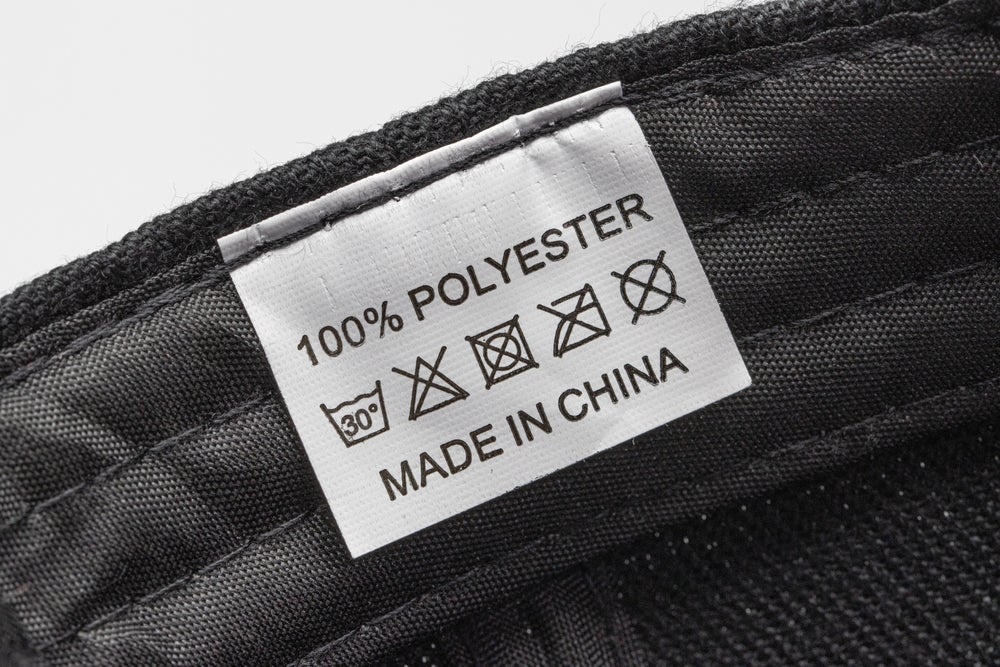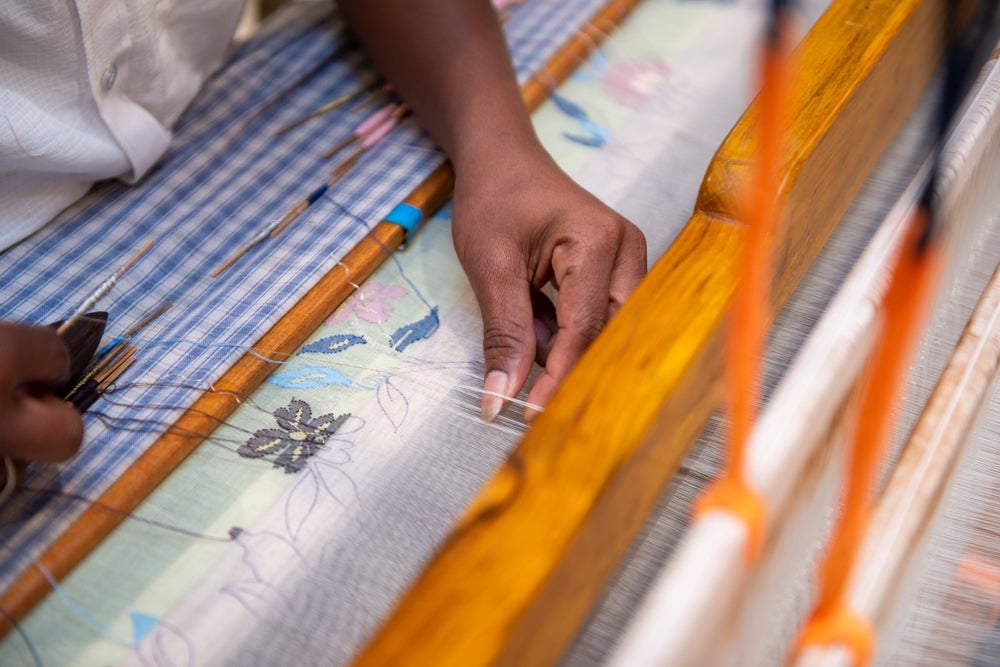Changing Markets surveyed 50 global fashion brands about their use of synthetic fibres. The organisation claims brands are “doubling down” on fast fashion.
EU initiatives aiming to reduce fashion’s impact on the planet could be backfiring, according to the report. It says anti-greenwashing plans could see brands choosing synthetic fabrics over organic cotton.
Changing Markets claims the EU’s anti-greenwashing legislation “could use a criticised methodology that currently neglects microplastic pollution and other environmental concerns”.
Around half (11) of the 23 clothing brands and retailers that responded to Changing Markets’ survey, have plans to increase their use of fossil fuel-based fabrics – such as polyester.
Only three of the brands and retailers asked reported reducing their use of synthetic fabrics and several of the brands that aimed reduce their use of synthetics in the previous survey had since increased their use.
Zara-owner Inditex reportedly a higher volume of synthetics than any other brand surveyed by Changing Markets.
Singapore-headquarted Shein reported the highest ratio of synthetic to natural fibres with 81% of its material output made using fossil fuel sources.
UK-based conglomerate Boohoo Group reported a rise in synthetic materials, now making up 68% of its total material use, up 4%.
Lululemon did not respond to the survey but its 2022 annual report states 67% fabric used in its products are synthetic.
None of the brands highlighted by Changing Markets' report had responded to Just Style's request for comment at the time of going to press.
Responding to the report, marine pollution expert Dr Sedat Gündoğdu commented: “Synthetic fibres from textiles have become one of the most prevalent types of microplastic pollutants in the environment and are being identified in numerous human organs.
"So heavy is their use by manufacturers and so heavy is the pollution that it is fair to say that fashion itself is becoming an environmental and human health risk.”
In April 2024, Non-profit Textile Exchange published a report outlining strategies for the fashion and textile industry to transition away from using virgin fossil fuels as a feedstock for materials if it is to meet the greenhouse gas emission targets currently associated with synthetic fibres.
In July 2024, industry experts warned synthetic clothing poses serious health risks and claimed a shift is needed towards natural fibres and reduced consumption.















